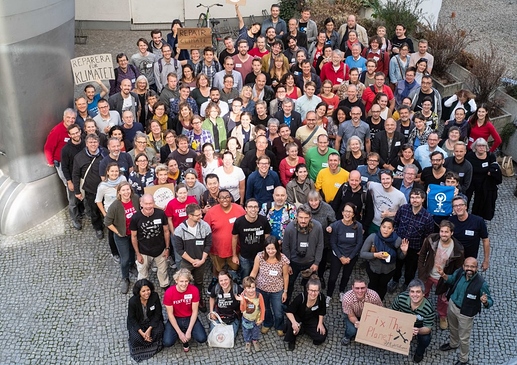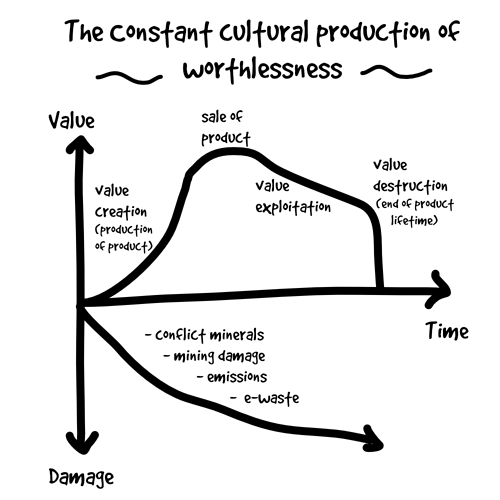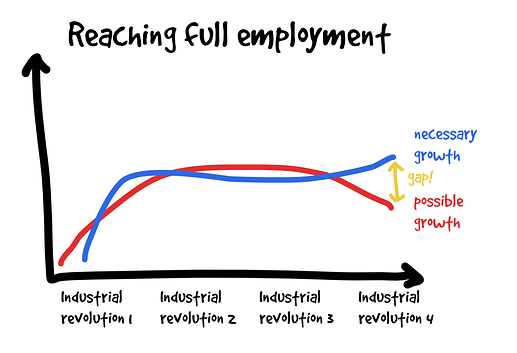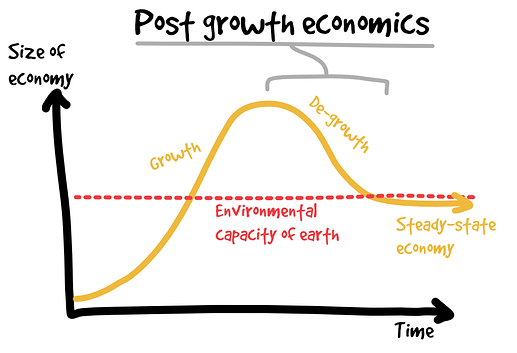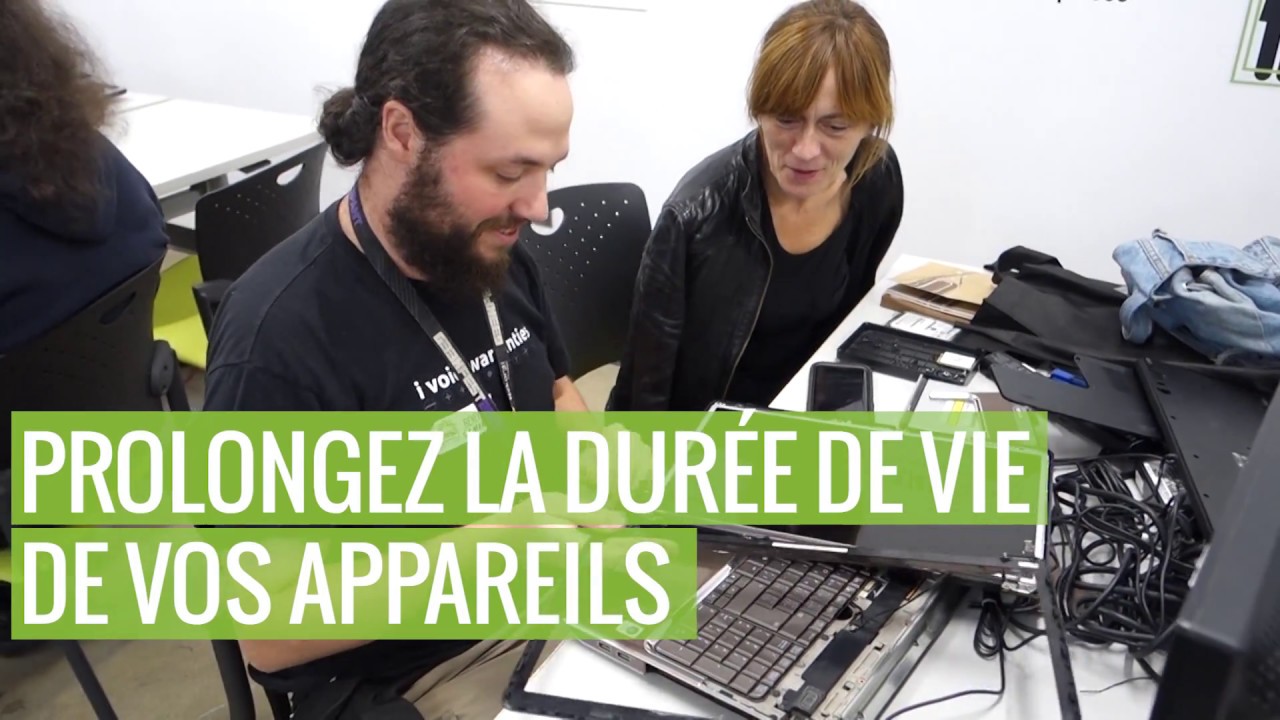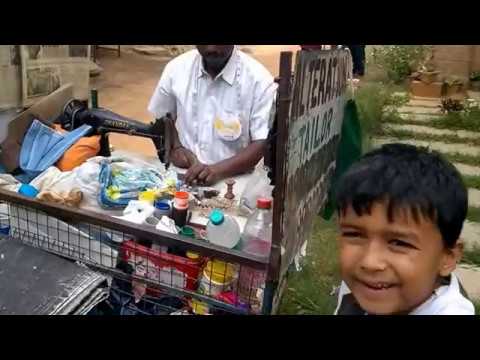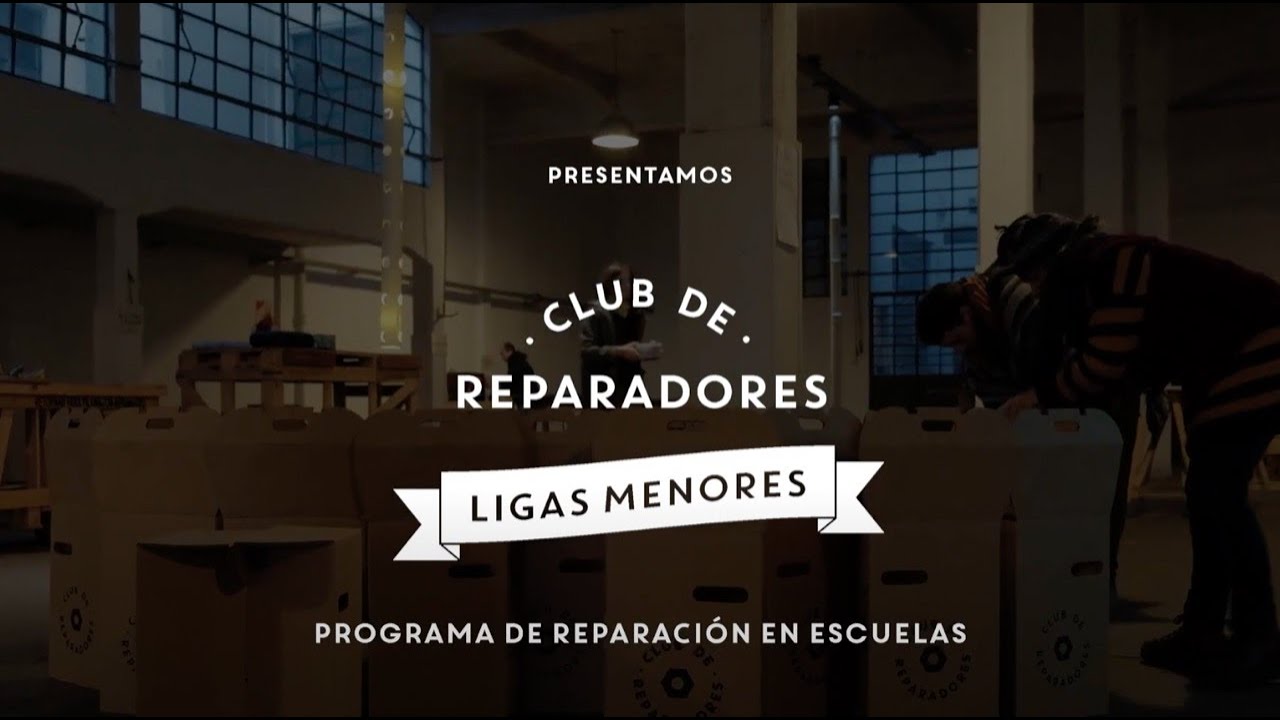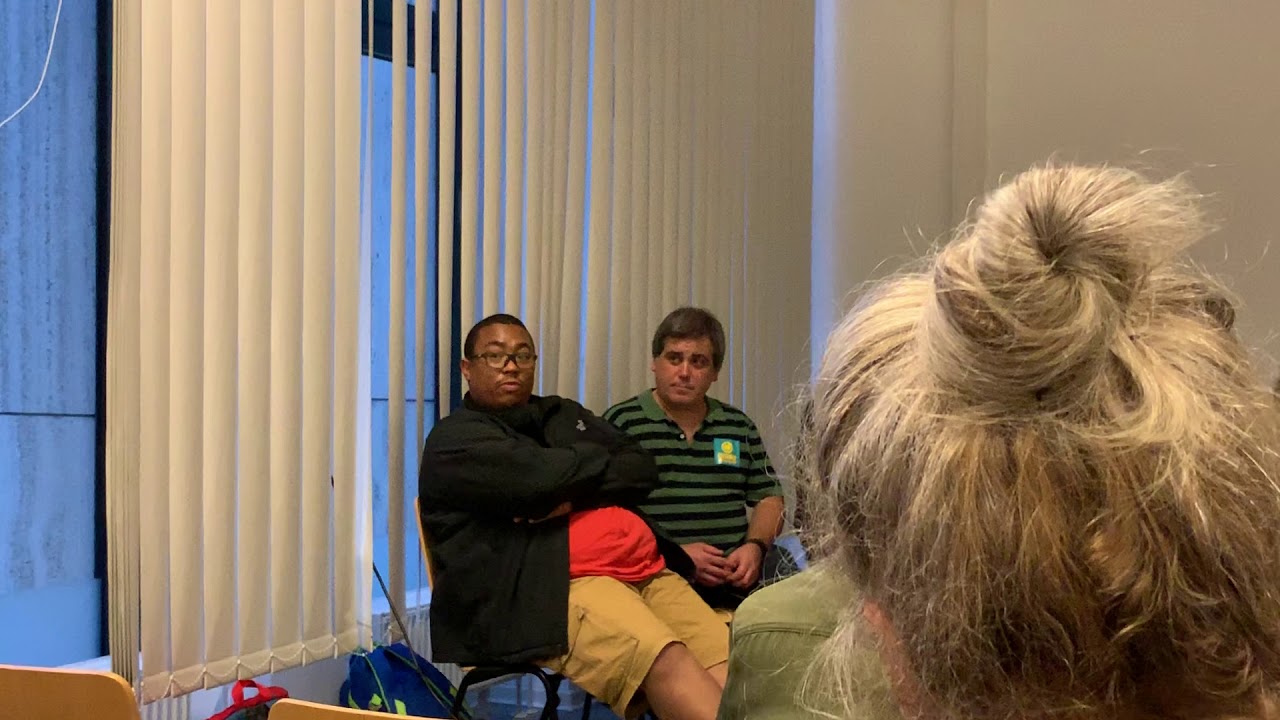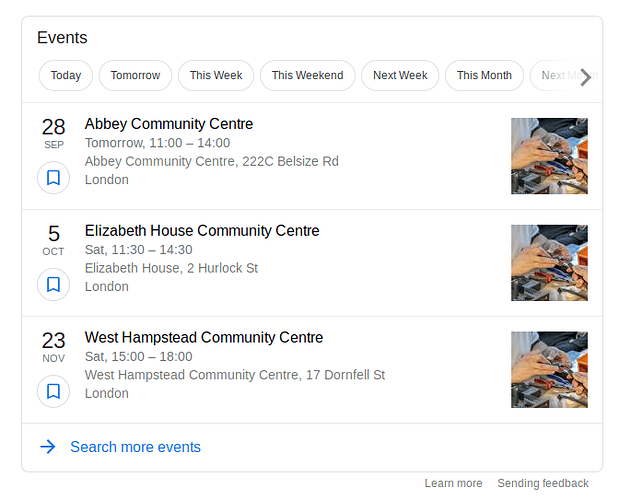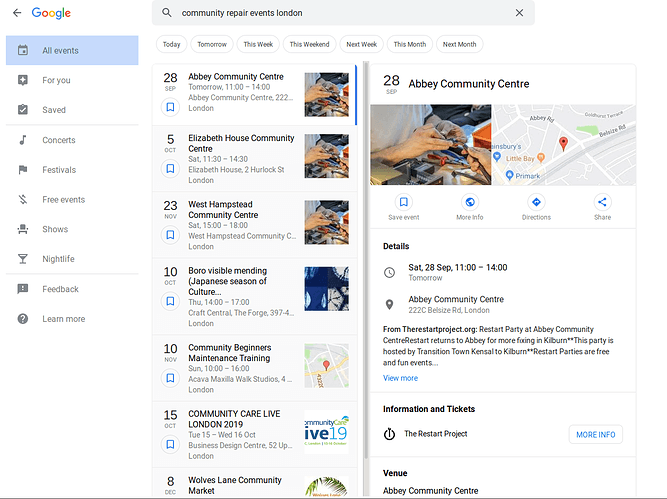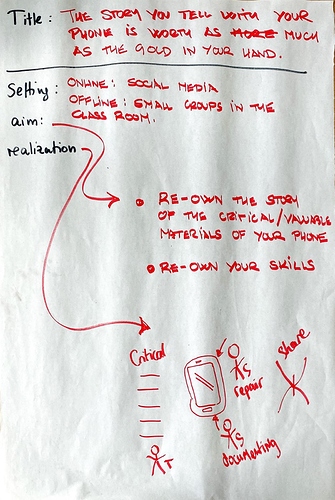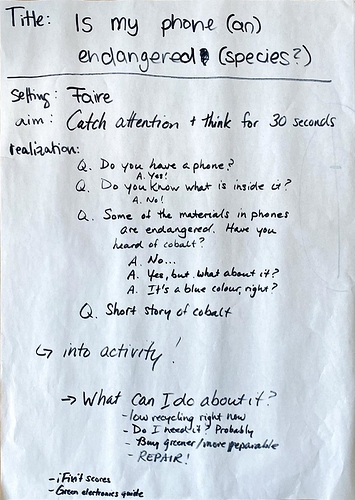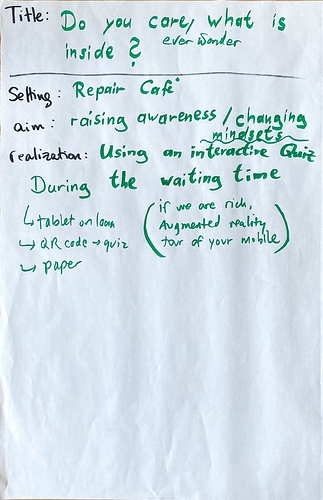(See more photos here)
Posting this from the train on the way back from a fantastic few days at Fixfest 2019 in Berlin! A huge thanks to everyone who came along and to our brilliant hosts Runder-Tisch Reparatur.
We thought it would be useful to collate our notes from all the different sessions here; with so much going on, none of us could be everywhere and we’d love to build a record of all the great talks and discussions that happened. This might also be interesting for those who couldn’t be there in person.
![]() Runder Tisch Reparatur will upload the video streams filmed in room 1 and the speakers’ presentations.
Runder Tisch Reparatur will upload the video streams filmed in room 1 and the speakers’ presentations.
![]() Here is a Twitter list of participants that we compiled - DM @RestartProject if we missed you.
Here is a Twitter list of participants that we compiled - DM @RestartProject if we missed you.
How does this work?
We can create a post in this discussion for each individual Fixfest session. I’ll make sure each post is a wiki post (or do that yourself), meaning anyone can edit it in order to add their own notes.
The full programme can be found here. I’ll also maintain a table of contents below to help us easily find the post for each session.
So please do add your notes/thoughts/recollections of the weekend below, either by creating a post about a particular session, or adding to an existing post by clicking the ‘Edit’ button.
Contents
- Kyle Wiens: Scaling the Repair Movement: Going Mainstream
- Melanie Jaeger-Erben: Resisting obsolescence - The role of a ‘culture of repair’ for sustainable development
- Niko Paech: The role of repair in the post-growth economy
- Markus Piringer: Repair & do-it-yourself urbanism
- She*fix: YouTube repair tutorials by women
- Building a mobile Repair Café: the story of Jena Repair Café
- Andreas Frisch: Repair Cafés & Maker Scene - Utilize Synergies
- Unconference: Lightning Talks
- Unconference: International (non-European) perspectives on community Repair
- European Right to Repair Campaign launch
- Unconference: Schools & Education
- Open Source & Repair: Podium and Discussion
- Making event listing easier to find online
- The Future of Fixfest (and the Open Repair Alliance)
[in progress - add more by replying with notes about anther session below]
Featured photo above by @Mark_Phillips.
Cc: @Andreu, @Chloe, @Colin_Fitzpatrick, @Dave, @Fernando_GA, @frances, @Inez_Louwagie, @Jana_Rueckschloss, @Janet, @Jessika_Richter, @Jonathan_Vigne, @Kaja_Juul_Skarbo, @Luc_Deriez, @magda_peeters, @Maja_van_der_Velden, @Margaret_Hersee, @Marie_Lefebvre, @Mark_Phillips, @Michael, @Mike_Grahn, @Monique, @Nebojsa_Adzic, @neil, @Purna, @Savino, @Sergio, @ugo, @Wouter_Sterkens
